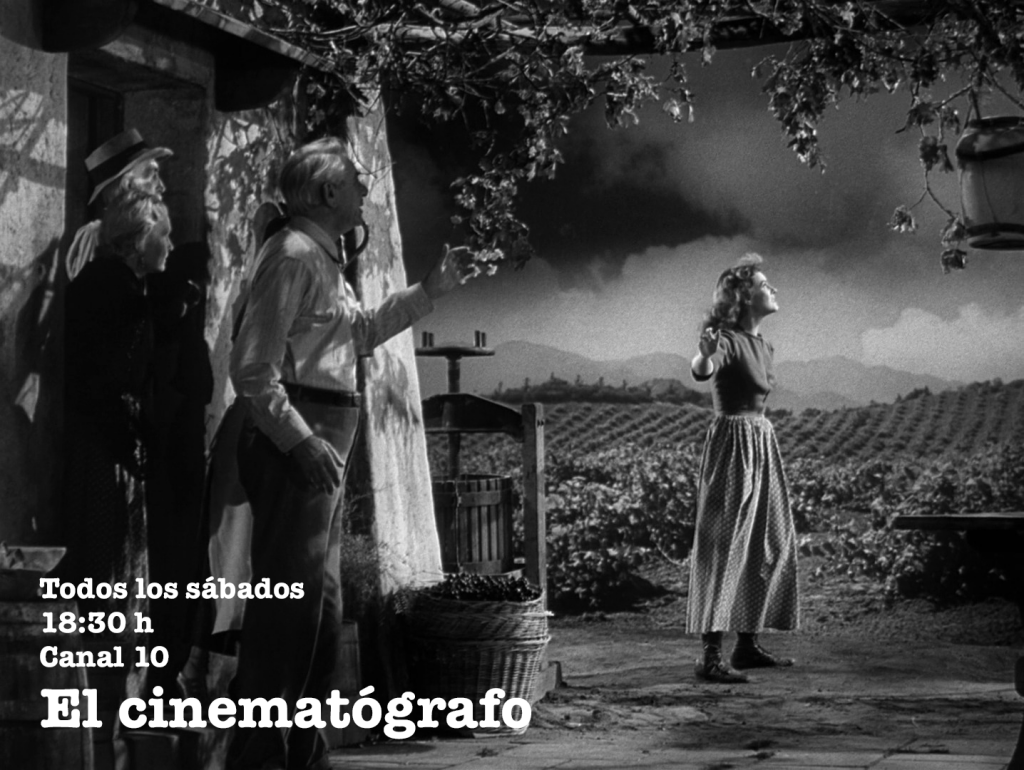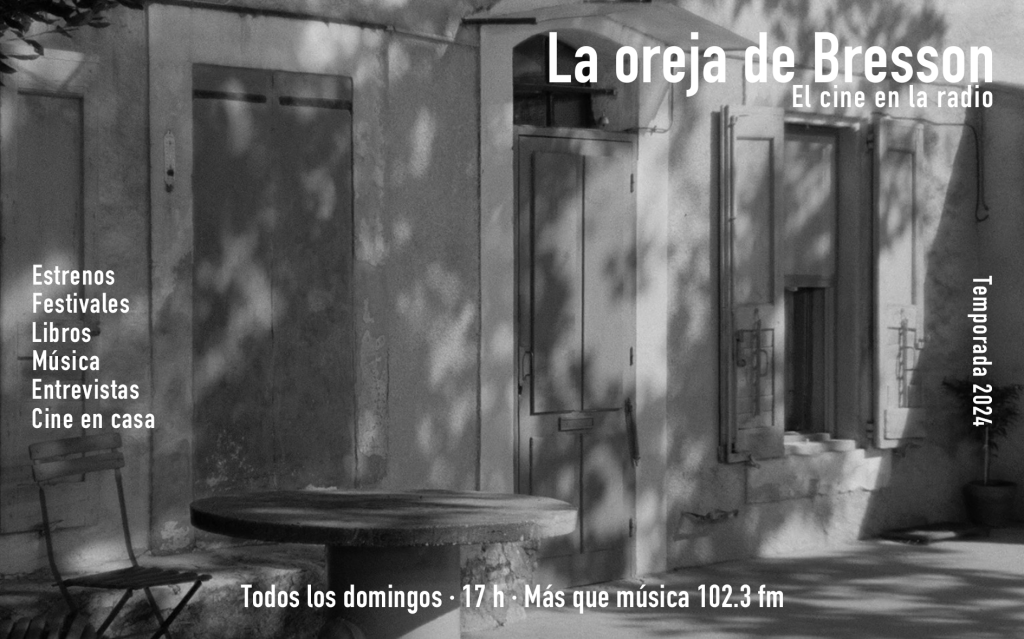
SHORT REVIEWS (08): DIE ZEIT VERGEHT WIE EIN BRÜLLENDER LÖWE / TIME GOES BY LIKE A ROARING LION
Die Zeit Vergeht Wie Ein Brüllender Löwe / Times Goes by Like a Roaring Lion, Philipp Hartmann, Germany, 2013
By Roger Koza
A filmic philosophical essay often poses a challenge: how to film an idea? Often, talking about a particular matter is confused with materializing it in front of the camera. That’s why Philipp Hartman uses no intellectual stars to explain the philosophical dimension of time and rather attempts to present some sort of phenomenology of time through his camera and his own immediate experience. The method he chooses is to collect costumes and experiences without forgetting cinema itself is defined by capturing time, which is sketched out in a brilliant way at minute 37.
It is only logical that Hartmann —medically diagnosed with chronophobia— is worried about the pas- sage of time. Previously, in a beautiful shot of a former film of his, it could be read on an abandoned train engine: “The only thing that passes here is time”. Back in that same location, Hartmann finds out rain erased the writing. In Spanish, the word ‘tiempo’ (time) is also used to indicate ‘weather’. The examples he chooses are noticeable and recognizable: the measurement of time in terms of physics at a specialized institute showing an error of a second every 18 months due to the rotation of the Earth; a film professor and his method for not filming “false time;” the relation of time with universal pedagogy; the confrontation of time as a measure for the fulfilling of yearnings, among other things. Hartmann also allows himself to film a playful and comic time travel along an old professor (unsurprisingly, the edition of this sequence shows them in fast motion). And the panoramic images of a salt mine in Bolivia are very compelling to think about the relation of time and space.
Hartmann proposes a 76-minute film in which each minute stands for a year of his life. This obsessive rule is invoked in the last 4 “years” of his life (and of the film). A cable-car journey codes in its own duration the secret of a perdurable shot. A poetic emancipation by a young filmmaker: a life plan finding its right frame.
Roger Koza / Coypleft 2013






Últimos Comentarios